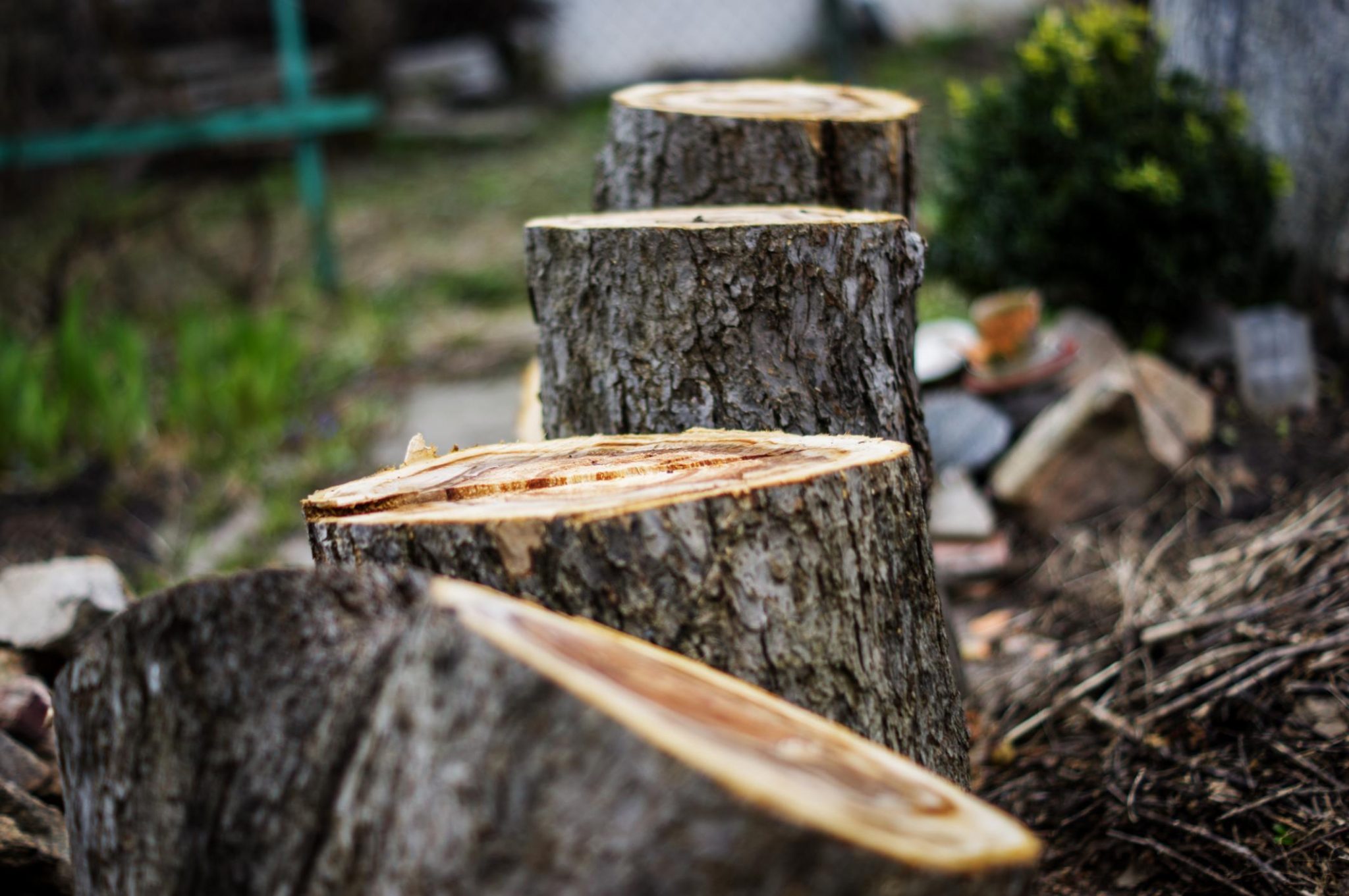Before hiring a tree service professional, it is important to take the time to do your research. By asking these questions, you will be able to know who is the best company for the job.
You can ask for help.
When it comes to hiring tree cutting services, it would not be a good idea to contract with the first company you talk to or the one that offers you the cheapest price right off the bat. Wood work is highly skilled and dangerous, so you need to find a professional you can trust to get the job done, get your money’s worth, and keep your family and property safe. Reputable companies understand that their customers need information before making a hiring decision, and the best way to do this is to ask questions.
Asking the following questions before hiring can help you determine if the company is a good fit for your needs: 1.
1. Are they licensed to operate in your state of residence? Is the license current? Can you have a copy of the license?
Make sure that a reputable tree cutting service provider has a current license to operate in the state in which they are located. They are ready and willing to provide potential customers with a copy of their current license. If you come across someone who is hesitant or outright refuses to give you a copy of their document, you should remove them from your list. 2.
2. 2. Do you have liability and workers’ compensation insurance? Are they up to date? Can you provide a copy of your insurance card?
Be wary of companies that claim to have insurance, but cannot provide documentation to support this claim. It is important to make sure that the company has both liability insurance and workers’ compensation insurance, not only to protect the company, but also to protect you. These insurances are designed to ensure that you are not liable for any accidents or damages that may occur during logging operations.
3. is the company certified?
Companies that are certified by the International Society of Arboriculture or the Tree Care Industry Association (TCIA) have received special training in their field of work and have the necessary experience to meet the requirements of the job. They are different from licensed landscapers because they have been trained specifically in the field of work and have the experience necessary to meet the requirements of the job. 4.
4. Will they provide you with a written estimate and work contract?
A reputable company will not hesitate to provide you with a written estimate. The estimate should include not only a rough calculation of the cost of the work based on the information you have given, but also whether other services such as stump removal and cleanup are included in the cost (some companies include them in the cost, some do not). You also need to include in your estimate how long the work will take, especially if it is a large project. It makes sense to get multiple quotes so you can compare services, costs, and the time it will take to complete the job. The cheapest price does not necessarily mean that the job will be done well. The duration of the job will depend on the complexity of the work you need done. Be wary of companies that promise to get the job done quickly without a proper understanding of what the job entails. Also, stay away from companies that demand payment in advance. You should not pay for services that you have not received.
If you do hire that company, make sure you provide a written contract detailing what you and the company have agreed upon. 5.
5. Can they provide a list of references?
This is something that a reputable tree service company will expect potential customers to ask about, and most will have a list readily available to facilitate your decision-making process. Specifically, ask them which clients they have worked with in the past month or so, so you can learn about their current performance. Once you have the list, be sure to call those clients and ask them about the work they did, how professionally the job was handled, how long it took to complete the job, and how satisfied they were with the service the company provided.
6. How will they approach the job, and what equipment will they use?
The terms “topping” and “liontailing” are red flags, and any company that practices these should not be considered. ‘Logging’ is the indiscriminate removal of healthy upper branches in order to reduce the size of a tree.” A “lion’s tail” is excessive pruning that removes branches from the inside of the crown, leaving only terminal foliage (which looks like a tuft of lion’s tail). This weakens the tree and increases the risk of branch failure.
Spikes should not be used to climb trees, unless they are to be removed. The use of spikes creates puncture marks and makes the tree more susceptible to insect and disease infections. 7.
7. Do they have proper safety equipment?
Reputable companies take the safety of their workers very seriously. Employees should be wearing hard hats, safety glasses, helmets with face shields, protective gloves, clothing, and boots.
